
10 Heart Attack Prevention Tips for Seniors in New York
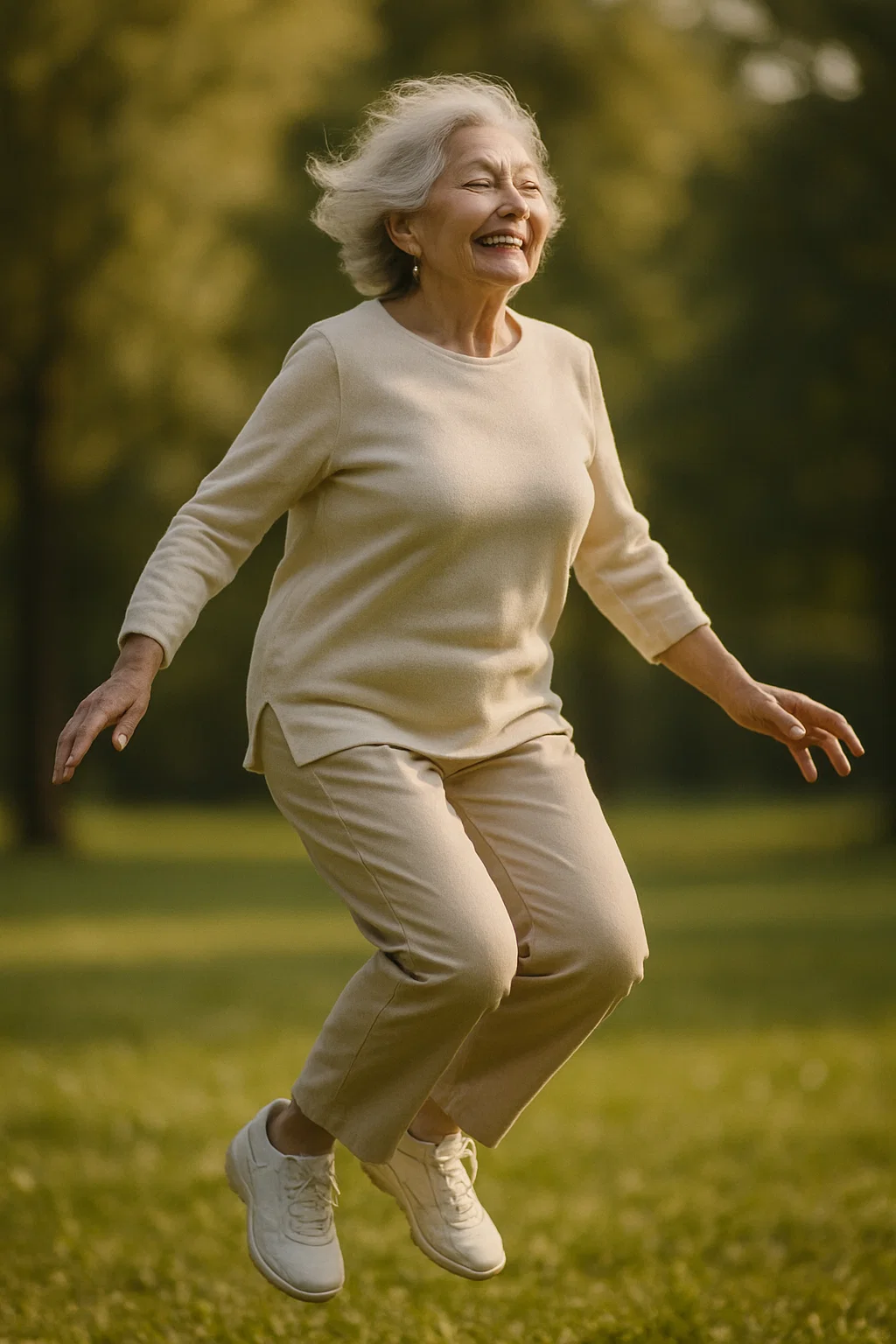
Life in New York City never stops moving. However, for seniors living alone, especially in a fast-paced place like NYC, the stillness at home can be both a comfort and a risk. In today’s fragmented U.S. healthcare landscape, where preventive care often takes a back seat to emergency response, seniors must become the front line of their heart health.
Heart disease doesn’t discriminate. It creeps, often unnoticed, until it’s too late. And for older adults living solo, the risks are higher. So, what can be done, daily and practically, to lower the risk of a heart attack?
Why Prevention Tips Matters More Than Ever in Today’s Healthcare Climate
The U.S. healthcare system is reactive, not proactive. That’s a critical point. While telehealth, urgent care, and home health services are evolving, many seniors fall through the cracks. They live alone, delay care, misunderstand symptoms, or simply have no one to ask.
- Emergency rooms are flooded.
- Primary care shortages are real.
- Cardiac rehab and routine monitoring are often underused.
And so, prevention becomes the ultimate act of independence.
Let’s explore 10 specific, senior-friendly strategies for guarding the heart, especially when you’re ageing solo in a city that never hits pause.
1. Establish a Daily Movement Routine

You don’t need to run marathons. You need to move regularly and purposefully.
- Stretch in the morning to improve circulation.
- Take 15-minute walks, once or twice a day.
- Use gentle indoor exercises during poor weather.
Motion fuels your heart. Stillness slows it down.
Simple movements, done daily, can make more difference than sporadic workouts, improve balance, reduce inflammation, support heart rhythm, and help maintain a healthy weight. easier to commit to over time, become a lifestyle, not a chore.
2. Stick to Heart-Healthy Meals (Even When Cooking for One)
Living alone often means grabbing what’s convenient. But your heart deserves better.
- Cook in batches and freeze healthy portions.
- Avoid overly salty or pre-packaged meals.
- Add leafy greens, fish, and oats to your weekly diet.
What you eat is either medicine or slow poison.
Meal prep can feel isolating, yes. But consider it an act of self-respect. That next bowl of soup? It’s more potent than you think.
3. Stay Hydrated and Limit Caffeine

NYC winters are dry. Summers are humid. And somehow, hydration gets lost in the shuffle.
- Drink 6–8 glasses of water a day.
- Limit coffee to one or two cups, especially if it makes you jittery.
- Avoid sugary sodas and energy drinks.
Dehydration stresses the heart.
It thickens the blood, raises the pressure, and accelerates fatigue. Staying hydrated isn’t just about comfort, it’s about survival.
4. Monitor Blood Pressure and Heart Rate at Home
Knowledge is power, and today, it’s pocket-sized. Home health tools are more affordable and accurate than ever.
- Get a reliable blood pressure cuff.
- Track readings weekly in a simple notebook or app.
- Learn your baseline and notice changes.
This is how you speak your heart’s language.
Don’t wait for the doctor to tell you something’s off. Be your early warning system.
5. Get Enough Sleep, Deep, Restful, Consistent Sleep
Sleep is medicine. Yet too many seniors treat it like a luxury.
- Stick to a regular bedtime.
- Avoid screens 1 hour before sleep.
- Keep your room dark, quiet, and calm.
Poor sleep increases blood pressure, raises cortisol, and strains the heart.
Inconsistent sleep habits? They create chaos for your cardiovascular rhythm. Prioritise rest like your life depends on it, because, truthfully, it might.
6. Create a “Check-In Circle”
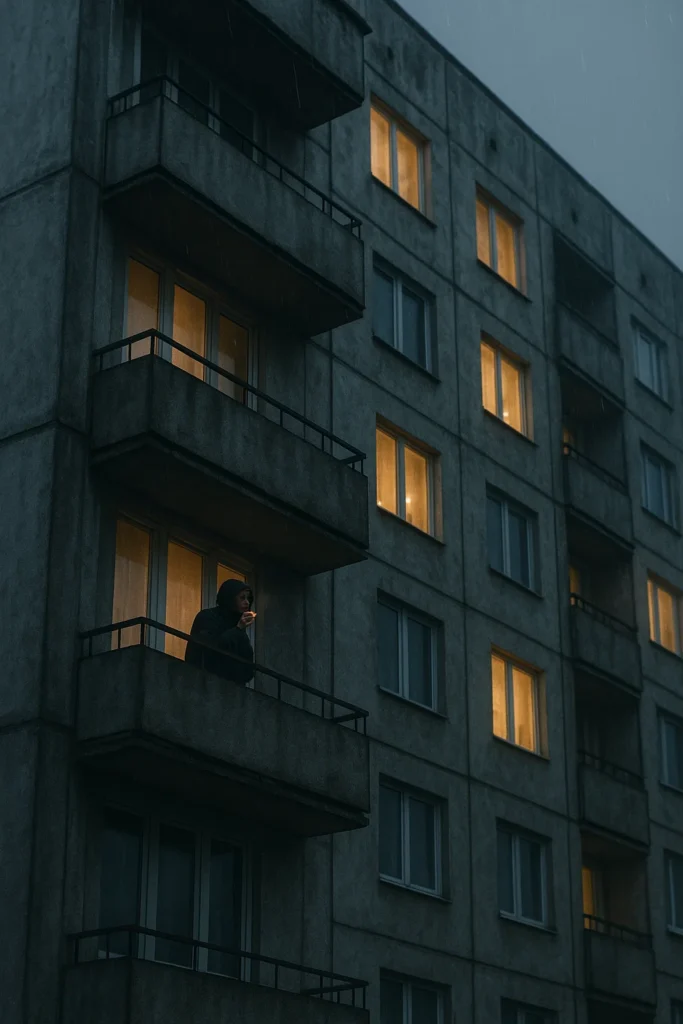
Living alone doesn’t mean living disconnected.
- Set up daily or weekly check-ins with friends, neighbours, or family.
- Use phone calls, texts, or a quick email to say, “I’m okay.”
- Consider joining a senior wellness group or virtual support network.
Accountability isn’t just social, it’s life-saving.
A missed call could be the red flag that brings help in time. Could you not see it as a burden? See it as a backup plan for your most precious asset, your heart.
7. Manage Stress with Real Tools (Not Just Good Intentions)
New York stress is legendary. And chronic stress is poison to your cardiovascular system.
- Use deep breathing techniques each morning.
- Journal for five minutes a day, release what’s inside.
- Try guided meditation or calming music at night.
Don’t ignore stress. Don’t bottle it. Please don’t wait for it to disappear.
Stress builds pressure inside you, pressure your heart absorbs. Managing it daily isn’t soft; it’s strategic.
8. Know the Subtle Signs of a Heart Problem
Heart attacks in seniors don’t always start with sharp chest pain.
Learn the quieter clues:
- Sudden fatigue
- Lightheadedness
- Shortness of breath
- Nausea
- Jaw or shoulder discomfort
Trust your instincts. If something feels off, it probably is.
Many seniors delay calling for help because they’re “not sure.” Don’t wait for certainty. Wait for care while en route to help.
9. Keep Emergency Info Visible and Updated
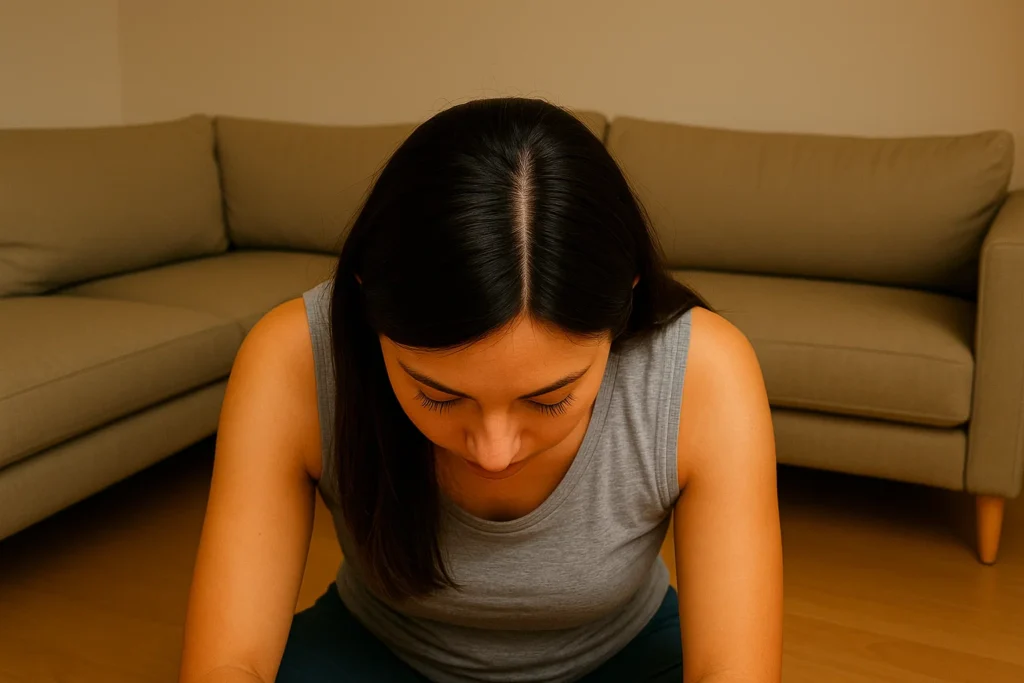
Living alone means being ready even when you feel inadequate to speak.
- Write down medical conditions, medications, and allergies.
- Please keep it on the fridge, your phone, and your bed.
- Include emergency contacts and doctor’s info.
Clarity saves lives when seconds count.
Emergency responders in NYC often look for this and ensure they find it.
10. Schedule Regular Heart Health Check-Ups
Prevention means catching issues before they turn into emergencies.
- Book annual physicals with your primary care provider.
- Don’t skip cholesterol, blood sugar, and EKG tests.
- Use free or low-cost health clinics if insurance is an issue.
You are worth the visit. You are worth the follow-up. You are worth the prevention.
Don’t wait until something hurts. Get ahead of it. You deserve to feel safe in your body, even and especially when you live alone.
Prevention Is a Daily Choice
The U.S. healthcare system might be complex. It might be delayed. It might be expensive.
But your daily choices give you more control than you think.
Yes, it takes effort. Yes, it takes routine. Yes, it takes courage.
And yes, you can do it, even alone in NYC.
Even in a walk-up apartment. Even on a fixed income. Even with uncertainty in the air.
Start with one habit. Then, build another. Then don’t stop.
Heart health doesn’t come from one big act but from small, deliberate ones you commit to daily.
So move a little more. Eat a little better. Rest a little deeper. Check in with someone. Most importantly, listen when your body speaks.
It’s not just about living longer. It’s about living stronger.
Living safer. Living wiser. And yes, living well.
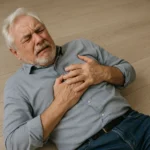
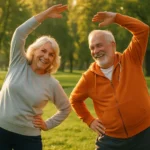
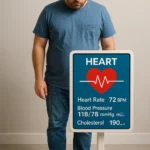
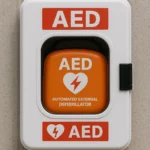
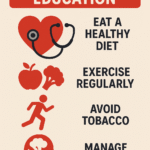
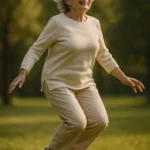
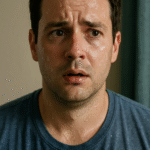
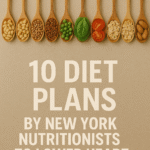
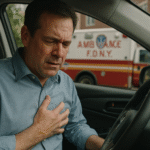

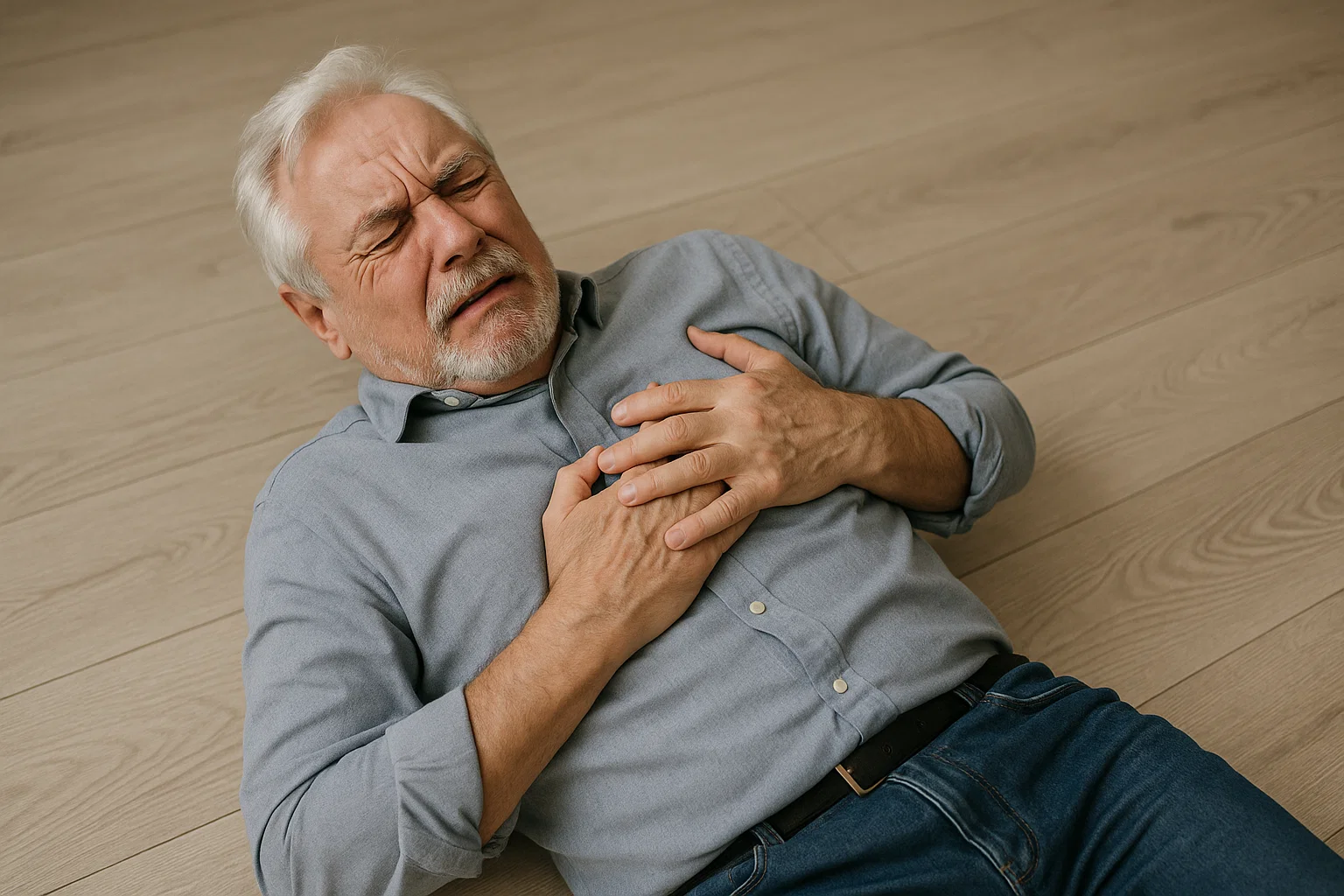
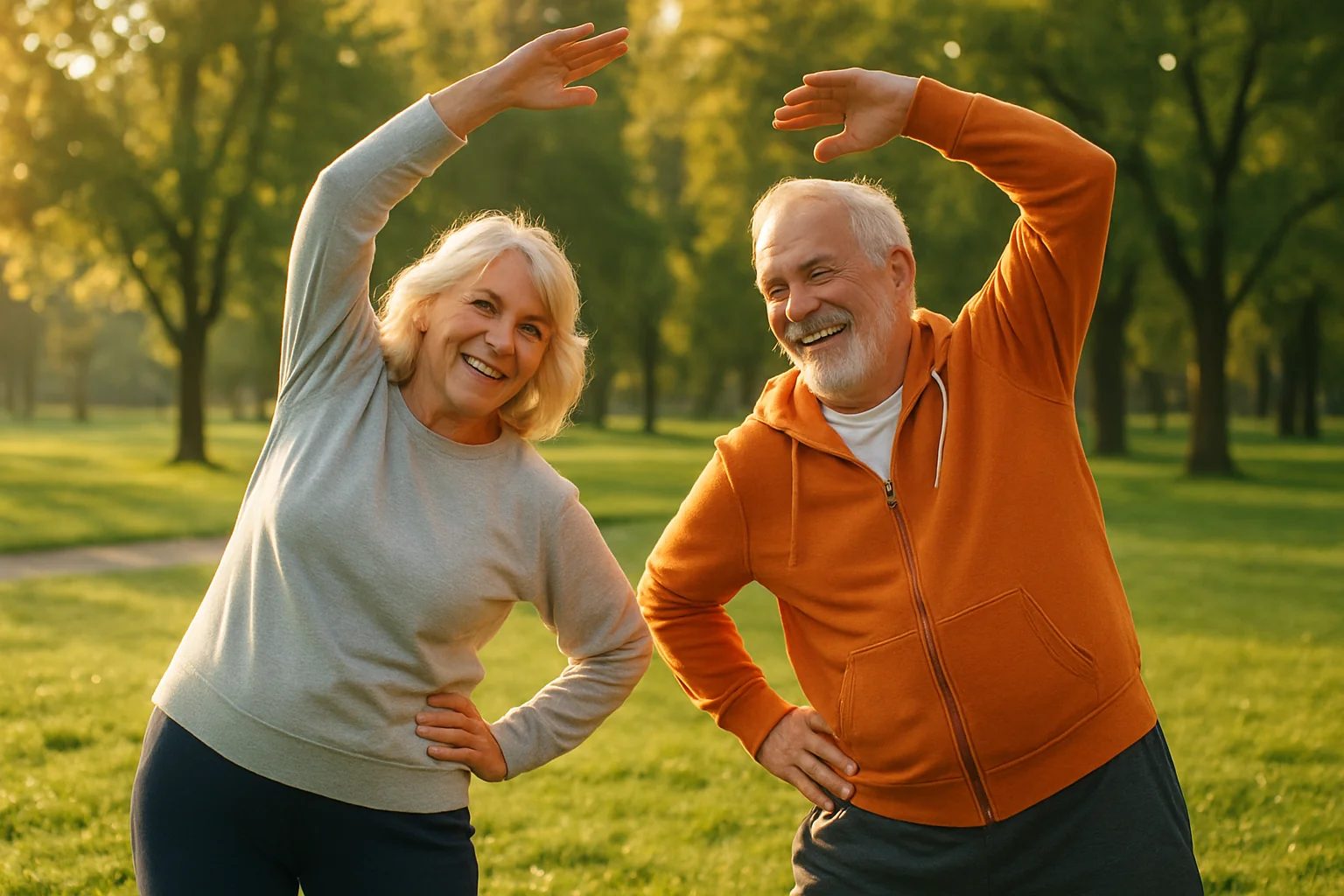
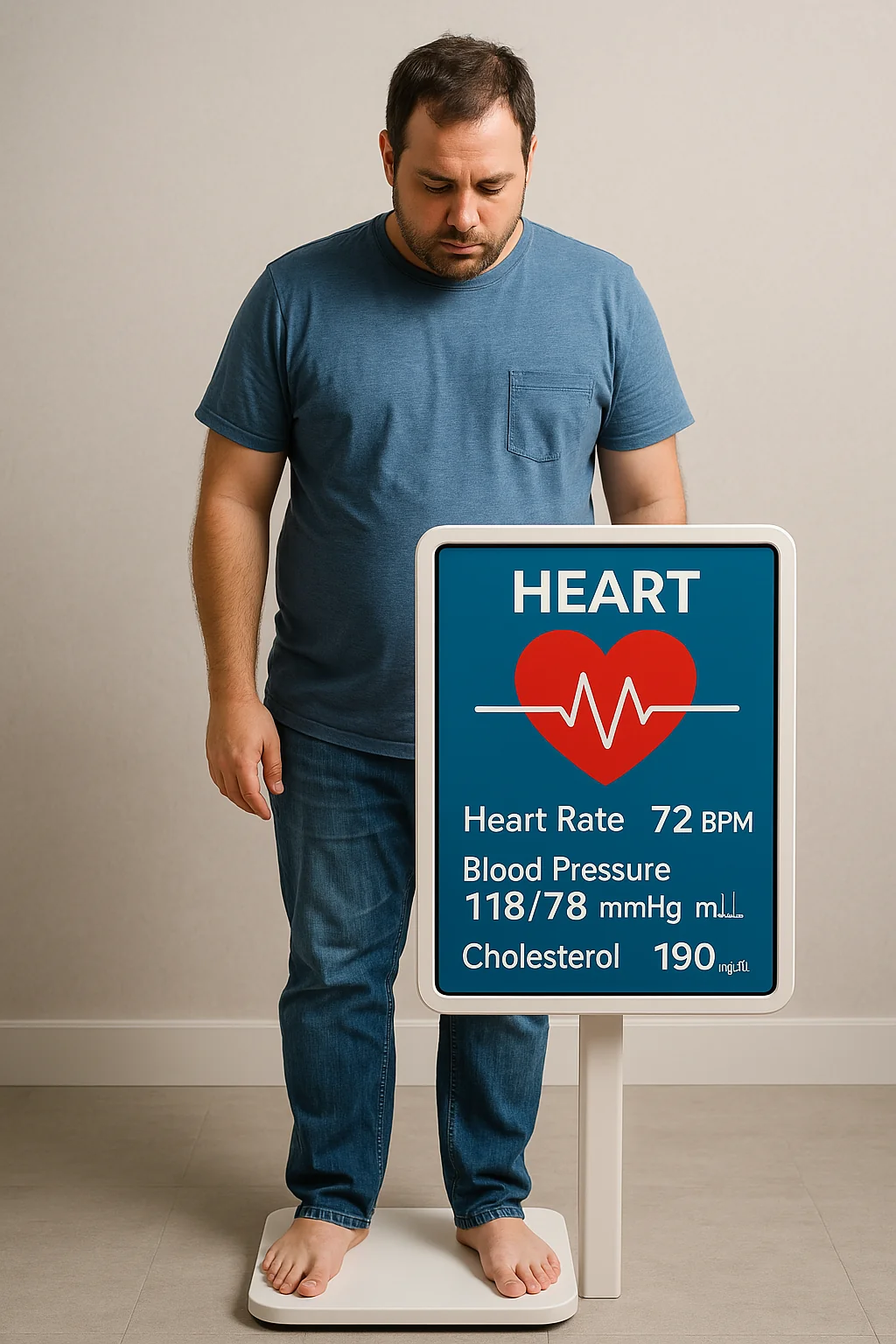

Post Comment